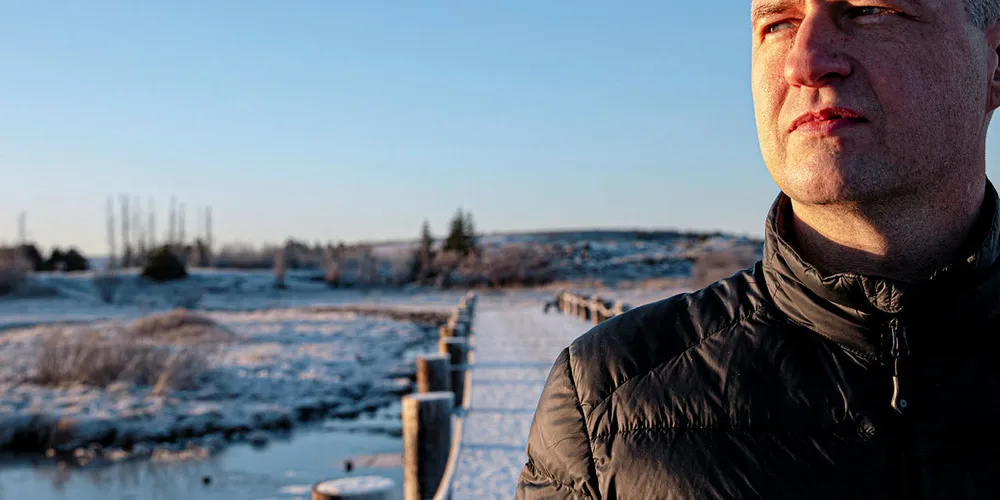Samherji whistleblower 'lives under constant threat'
Johannes Stefansson, the former CEO of Samherji's operations in Namibia details the company activities during his tenure.

Johannes Stefansson, the former CEO of Samherji's operations in Namibia details the company activities during his tenure.
